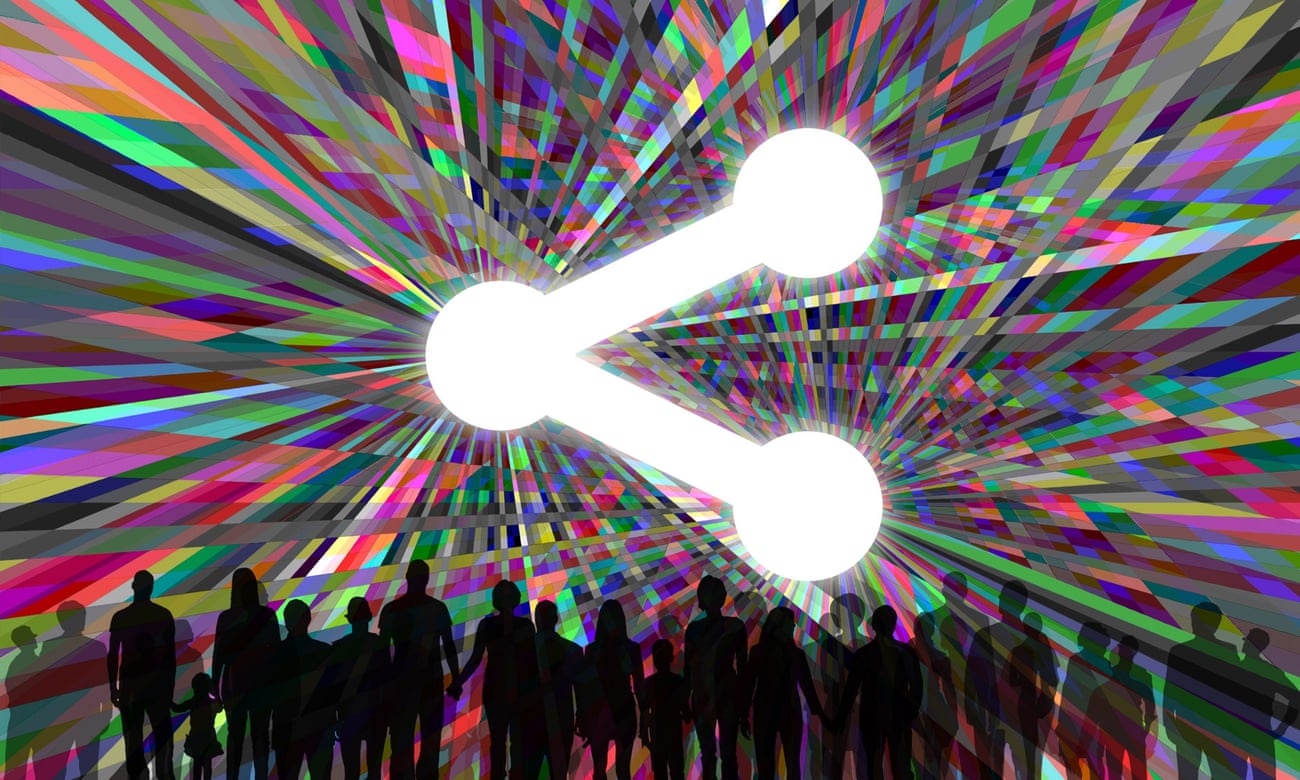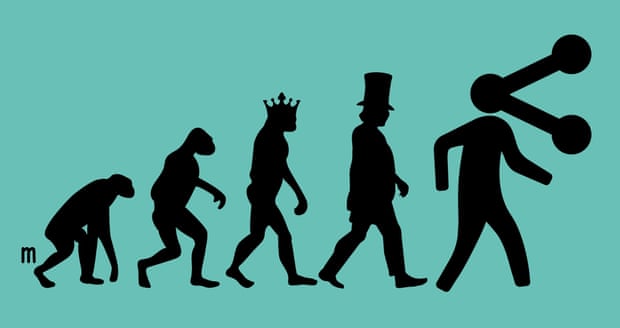Tuesday, July 21, 2015
angry negresses will only accept the blackest bish if she gets N-1 industrial sponsorship...,
By
CNu
at
July 21, 2015
17
comments
![]()
Labels: N-1 , Race and Ethnicity , Tard Bidnis
N-1 is what makes you deuterostems unique...,
By
CNu
at
July 21, 2015
0
comments
![]()
Labels: individual vs. collective , N-1 , What IT DO Shawty...
Monday, July 20, 2015
fictional democrat version of Trump, or, Bro. Feed's whole screed with no struggle to read...,
By
CNu
at
July 20, 2015
11
comments
![]()
Labels: common sense , Living Memory , not gonna happen... , People Centric Leadership , truth
Sunday, July 19, 2015
donald trump singlehandedly destroying establishment newspeak doublethink and political correctness...,
By
CNu
at
July 19, 2015
17
comments
![]()
Labels: The Hardline , truth
skip gates on afro-cubans worse than david brooks on tahnussy coates....,
By
CNu
at
July 19, 2015
0
comments
![]()
Labels: Ass Clownery , Race and Ethnicity
brooks resents tahnussy resents uhmurkah while the sages smile and continue prepping for hard rain...,
The last year has been an education for white people. There has been a depth, power and richness to the African-American conversation about Ferguson, Baltimore, Charleston and the other killings that has been humbling and instructive.
Your new book, “Between the World and Me,” is a great and searing contribution to this public education. It is a mind-altering account of the black male experience. Every conscientious American should read it.
This dream is a secular faith that has unified people across every known divide. It has unleashed ennobling energies and mobilized heroic social reform movements. By dissolving the dream under the acid of an excessive realism, you trap generations in the past and destroy the guiding star that points to a better future.
By
CNu
at
July 19, 2015
0
comments
![]()
Labels: Ass Clownery , Race and Ethnicity
Saturday, July 18, 2015
info-capitalism is inherently malthusian, sharply favoring the right side of the bell curve...,
The modern equivalent of the long stagnation of late feudalism is the stalled take-off of the third industrial revolution, where instead of rapidly automating work out of existence, we are reduced to creating what David Graeber calls “bullshit jobs” on low pay. And many economies are stagnating.
By
CNu
at
July 18, 2015
1 comments
![]()
Labels: Ass Clownery , complications , disintermediation , doesn't end well
all money in existence is owned by the rich - the rich rent it to poor - the cost to pay the rent is hidden in the price of everything
By
CNu
at
July 18, 2015
0
comments
![]()
Labels: banksterism , debt slavery , global system of 1% supremacy
Friday, July 17, 2015
"bush is not gonna win the latino vote, even though he'll say five words in spanish...,"
By
CNu
at
July 17, 2015
7
comments
![]()
Labels: political theatre , priceless.... , straight gully
rotflmbao..., trump calls a tard a tard...,
By
CNu
at
July 17, 2015
0
comments
![]()
Labels: common sense , complications
krauthammer - a dummy and a clown...,
By
CNu
at
July 17, 2015
0
comments
![]()
Labels: common sense , complications
i'ma have to follow the "donald's" utterances more closely...,
By
CNu
at
July 17, 2015
0
comments
![]()
Labels: common sense , complications , gifts
Thursday, July 16, 2015
hon.bro.preznit outsmarts tards at home and chess-masters abroad - to lead america...,
By
CNu
at
July 16, 2015
65
comments
![]()
Labels: chess-not checkers , The Great Game
working twice as hard to get half as far...,
By
CNu
at
July 16, 2015
0
comments
![]()
Labels: school , What IT DO Shawty , work
tards: nothing to offer but stupid, delusional, and mad...,
By
CNu
at
July 16, 2015
0
comments
![]()
Labels: the wattles , you used to be the man
Wednesday, July 15, 2015
many of today's leaders aren't - so what are they?
By
CNu
at
July 15, 2015
8
comments
![]()
Labels: 2parties1ideology , information anarchy , institutional deconstruction , psychopathocracy , What IT DO Shawty
Tuesday, July 14, 2015
greece, lift up your nutsack and cough...,
By
CNu
at
July 14, 2015
3
comments
![]()
Labels: banksterism , chess-not checkers , clampdown , Pimphand Strong
the fall of puerto rico - prepare yourself accordingly...,
By
CNu
at
July 14, 2015
0
comments
![]()
Labels: banksterism , Collapse Casualties , doesn't end well
Monday, July 13, 2015
pan-troglodytic deuterostems are not the endpoint of terrestrial evolution...,
By
CNu
at
July 13, 2015
13
comments
![]()
Labels: evolution , singularity
Israel Cannot Lie About Or Escape Its Conspicuous Kinetic Vulnerability
nakedcapitalism | Israel has vowed to respond to Iran’s missile attack over the last weekend, despite many reports of US and its allies ...

-
theatlantic | The Ku Klux Klan, Ronald Reagan, and, for most of its history, the NRA all worked to control guns. The Founding Fathers...
-
Video - John Marco Allegro in an interview with Van Kooten & De Bie. TSMATC | Describing the growth of the mushroom ( boletos), P...
-
Farmer Scrub | We've just completed one full year of weighing and recording everything we harvest from the yard. I've uploaded a s...




